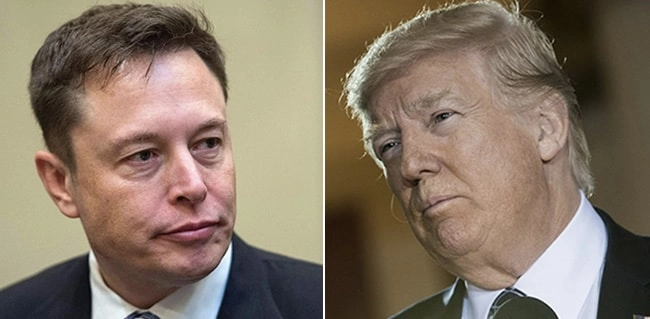In a recent public statement, former President Donald Trump expressed his disdain for Elon Musk’s proposed political initiative, which he referred to as the “America Party.” Trump did not hold back in his critique, labeling the concept as “ridiculous.” His comments highlight the ongoing tension between two of the most prominent figures in American business and politics. While Musk has gained significant attention for his ambitious ventures in technology and space exploration, Trump’s remarks suggest a clear skepticism regarding Musk’s foray into the political arena.
The exchange underscores the complexities of political branding in today’s media landscape. Musk’s idea for the “America Party” seems to stem from a desire to create an alternative to the current two-party system, aiming to attract those disillusioned with traditional political affiliations. However, Trump’s dismissive response implies that he views such attempts as misguided or even frivolous. This interaction raises questions about the viability of new political movements in a polarized environment, where established figures like Trump wield substantial influence.
Moreover, the dynamic between Trump and Musk reflects broader themes in American culture, particularly the blending of celebrity and politics. Musk, with his status as a billionaire entrepreneur and innovator, has garnered a massive following, which he may hope to leverage for political purposes. In contrast, Trump’s enduring popularity among his base showcases the power of political identity and loyalty. While Musk seeks to carve out a new political identity, Trump’s reaction suggests that established political figures will not easily cede ground or entertain new challengers lightly.
In the grander scheme, this exchange serves as a reminder of the challenges and unpredictability inherent in American politics. As figures like Musk attempt to navigate the complex landscape of public opinion and political allegiance, established leaders like Trump are quick to assert their dominance. The future of political movements in the United States may very well hinge on how these personalities interact and the extent to which they can resonate with the electorate’s needs and desires. In an era marked by rapid change, the intersection of technology, business, and politics will undoubtedly continue to shape the national discourse.




